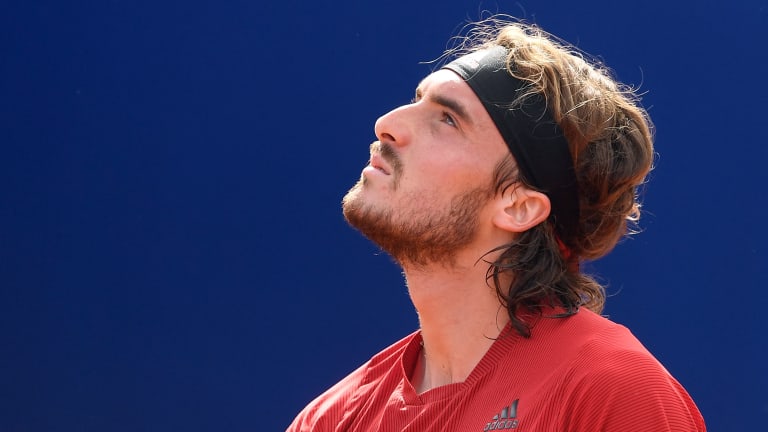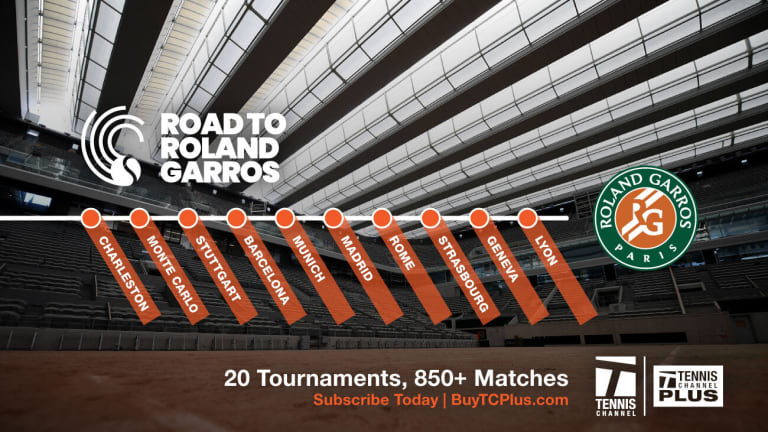Tsitsipas' secret weapon? Better breathing. How can it help your game?
By May 02, 2021Pop Culture
Ilia Malinin star-struck by Novak Djokovic at Milano-Cortina Olympics: "Once-in-a-lifetime"
By Feb 09, 2026Quote of the Day
Karolina Pliskova feels like no time has passed after Doha upset vs. Amanda Anisimova
By Feb 09, 2026WTA Doha, Qatar
Inspired by her countrywomen, Tereza Valentova aims to be the next Czech superstar in Doha
By Feb 09, 2026ATP Challenger Tour
ATP Challenger Tour Pau promises to be as open as it is exciting
By Feb 09, 2026WTA Doha, Qatar
Zheng Qinwen: “I prayed my elbow would heal” during injury odyssey, wins in Doha return
By Feb 09, 2026Quote of the Day
Victoria Mboko still dreams of playing Serena Williams after winning in Doha
By Feb 09, 2026Ranking Reaction
Alexandra Eala becomes the first woman from the Philippines to break into the Top 40
By Feb 09, 2026ATP Challenger Tour
Michael Mmoh takes his comeback tour to the Tenerife Challenger
By Feb 09, 2026Social
GOATs at the Game: Roger Federer, Serena Williams feature at Super Bowl LX
By Feb 09, 2026Tsitsipas' secret weapon? Better breathing. How can it help your game?
This simplest of acts, done correctly, can improve your tennis and your health.
Published May 02, 2021
Advertising

Tsitsipas' secret weapon? Better breathing. How can it help your game?
© AFP via Getty Images
Advertising

Tsitsipas' secret weapon? Better breathing. How can it help your game?
© Getty Images
Advertising

Tsitsipas' secret weapon? Better breathing. How can it help your game?